Since the beginning of June, old and new media outlets alike have published anguished reports about the rising rate of suicide in the United States. These stark statistics gained poignant specificity with news that designer Kate Spade and celebrity chef Anthony Bourdain had taken their own lives. Fans, friends and families alike were left grieving, searching for causes, and asking unanswerable questions about any clues they might have missed in the actions of these two highly acclaimed stars of their respective fields.
No single cause adequately explains a person’s choice to kill themselves, let alone the rising rate of suicide across the country. Depression and other forms of emotional and spiritual pain often play a role, but other factors contribute and place men, especially white men, at greatest risk. Journalist Mitch Smith, writing in the New York Times on June 10, 2018, quotes Misty Vaughan Allen, suicide prevention coordinator for Nevada: “There are mental health components, but also there’s relationships, employment, a lack of connectedness that we might see in males that increases the risk for suicide.” A history of trauma can be a factor, contributing to a rate of suicide among veterans that is twice as high as nonveterans. Easy access to guns also plays a role, not because gun owners are more likely to attempt suicide, but because attempts by firearm are lethal at a much higher rate than attempts by any other means.
If you are thinking about killing yourself, don’t do it. You will solve nothing. You will only hurt those who remain. Instead, talk to someone. Tell a friend, a family member, a member of the clergy, or a co-worker. Call the National Suicide Prevention Lifeline at 1-800-273-8255 (TALK). Go to a hospital emergency room. Call VIPCare at 804-282-8332 and make an appointment to see one of our counselors. There are people who will walk with you through your troubles until hope returns.
